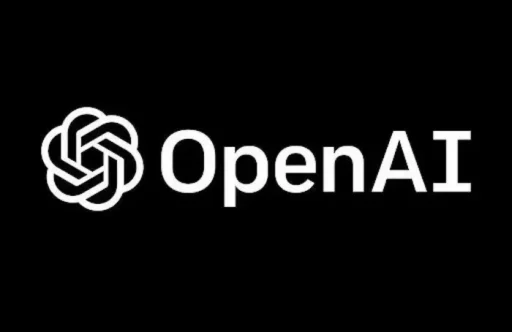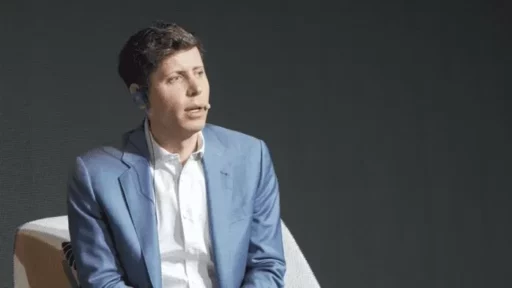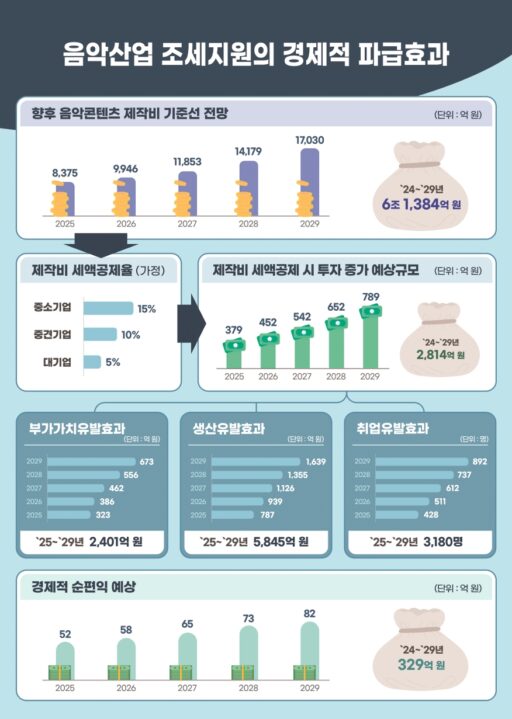GPT-5 Performance Controversy: OpenAI Acknowledges Technical Defects
OpenAI has acknowledged technical defects in the controversy over the performance degradation of GPT-5, promising improvements such as the resolution of real-time router malfunctions and a review of the reuse of GPT-4o.
This comes as criticism spread among users that the performance of the new model is inferior to that of its predecessor, GPT-4o, prompting CEO Sam Altman to personally pledge to address the issue.
On the 9th, TechCrunch reported that CEO Altman and the GPT-5 development team hosted an "Ask Me Anything" (AMA) session on the online community Reddit on the 8th (local time). According to the report, Altman and the development team acknowledged the problems with the new model and articulated specific directions for future improvements.

The most frequent complaint from users was that GPT-5 performs significantly worse than the previous model, GPT-4o.
OpenAI explained that the cause of this performance degradation is due to a malfunction in the core function of GPT-5, the "real-time router," which automatically selects the optimal model to respond based on the type of questions posed by users.
OpenAI's Response and Improvement Promises
CEO Altman promised that the malfunction with the router automatic switch would be resolved that day, ensuring that GPT-5's performance would normalize. He also announced plans to enhance transparency, allowing users to clearly know which model generated responses to their questions.

OpenAI has proposed specific compensation measures for users of its subscription service, "Plus."
In response to users' strong demands, they are considering options to continue allowing the use of GPT-4o and are reviewing plans to double the monthly prompt usage limits. This appears to be a measure to minimize inconveniences experienced by users during their adaptation to the new model.
Another aspect of the controversy stemmed from a visualization error in the benchmark data presented at the time of the announcement.
OpenAI faced mockery for misrepresenting lower benchmark scores with higher bars, leading to accusations of "chart crime." While Altman avoided directly addressing this issue during the AMA session, he acknowledged it as the "biggest chart blunder" through the social media platform X.

Meanwhile, GPT-5 has reportedly shown multiple failures in data table conversion tasks.
Simon Wilson, an initial model reviewer, characterized this issue as a "good example of GPT-5 failures," pointing out the model's instability.
CEO Altman expressed his commitment to continue working towards stabilizing the situation and listening to feedback to restore users' trust.
Image Source: openai, Sam Altman OpenAI CEO / ZDNet Korea, reference photo for article understanding / gettyimagesbank


